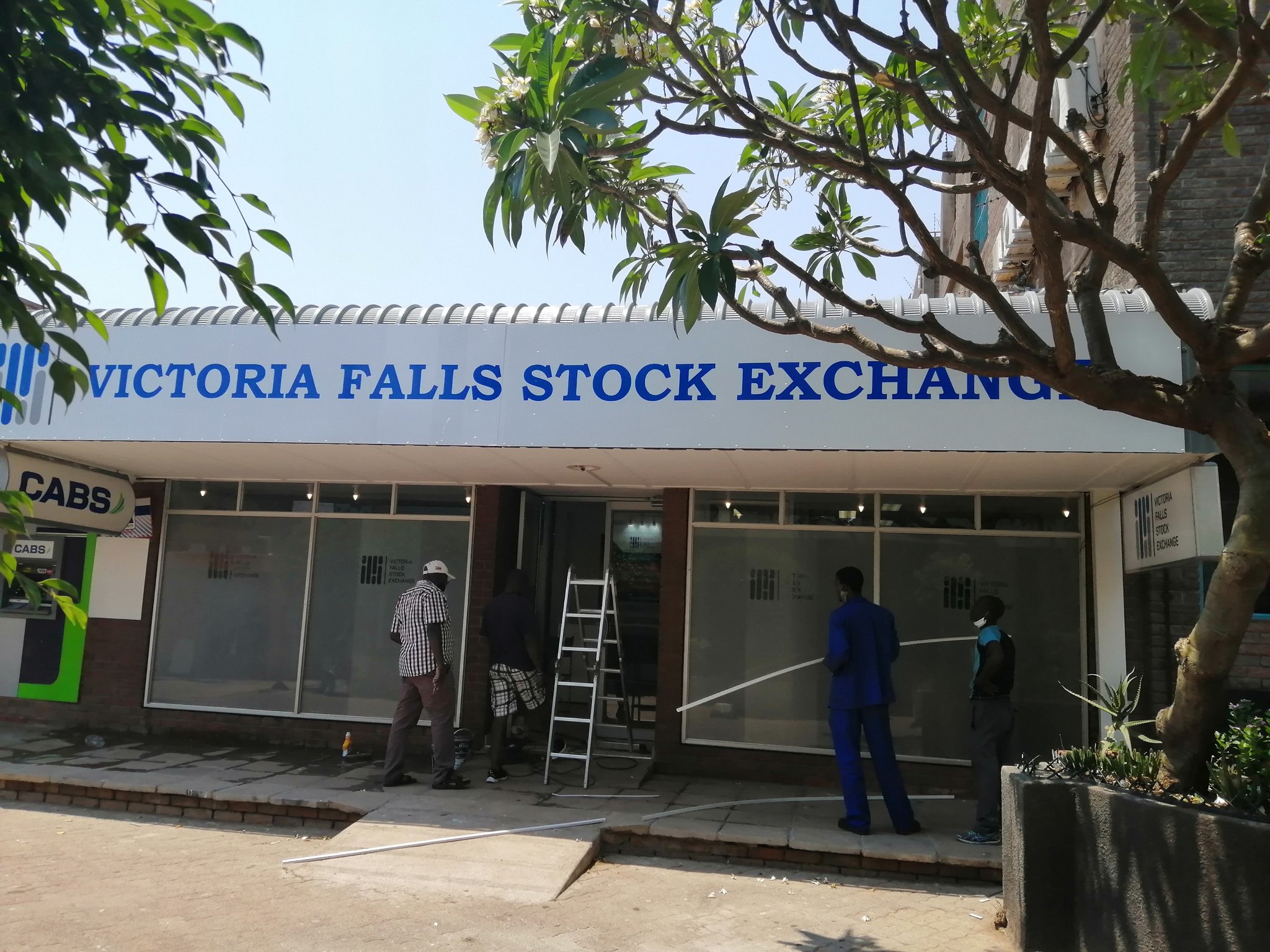Chipinge farmers attain organic certification
Farmer Lyness Chishiri shows a pineapple from the Rusitu Valley Fruit Growers and Marketing Trust in Chipinge.
Forty-five smallholder pineapple farmers in Rusitu Valley, Chipinge, the majority of whom are victims of Cyclone Idai that killed hundreds and destroyed homes in 2019, have received a major boost following the organic certification of their pineapples by EcoCert.
The Ecocert Organic Standard is an independent French body for organic inspection and certification, which performs quality control by ensuring that all product specifications and production procedures are strictly adhered to.
This attainment of the organic certification is a critical milestone in reaching the lucrative organic fruit market, especially in the Netherlands, United Kingdom, Germany, and other emerging markets such as United Arab Emirates.
With the organic standard, smallholder pineapple farmers operating under Rusitu Valley Fruit Growers and Marketing Trust (RVFGMT), will unlock access to the global pineapple market, which has grown from US$2,25 billion in 2011 to US$2,6 billion in 2019, according to Trade Map.
With the organic standard, the rural smallholder farmers will be able to fetch as much as 30 percent premium on their produce in most supermarkets in Europe.
This will improve their returns as well as boost their livelihoods from producing this niche product.
The certification project for Ndiadzo pineapple farmers, operating under the Rusitu Fruit Growers and Marketing Trust was developed as a pilot project by ZimTrade — the national trade development and promotion organization — targeted at promoting a culture of production and management standards by rural and smallholder farmers.
Other partners who supported the Ndiadzo pineapple certification project include COLEACP, Greenstone, Embassy of Netherlands in Zimbabwe, and Netherlands based PUM and RVO.
Ultimately, these rural farmers in Ndiadzo will be integrated into mainstream export business, fulfilling commitments by President Mnangagwa’s Second Republic that no one should be left behind in the economic transformation of the country.
The Rusitu Fruit Growers and Marketing Trust Administrator, Mr Dudzai Ndiadzo, said the farmers will see improved livelihoods through exports of pineapples.
“We are happy with the developments, and we are expecting to see improvements in the livelihoods of farmers as they will soon start exporting their produce.
“We are projecting a good harvest this year, but we also understand the need to improving production and quality so that we meet expectations of buyers in international markets,” he said.
Mr Ndiadzo further revealed that the current focus is to increase organic pineapple production and to encourage other farmers to be involved in the project.
Speaking on impact of the organic certificate, ZimTrade chief executive officer, Allan Majuru said Rusitu smallholder pineapple farmers will be contributing meaningfully towards national export growth following penetration into international markets.
“We are happy that after many years of capacity building, the farmers have now been certified and they will be contributing towards growing national exports.
“This current success demonstrate demystifies previously held misconceptions that export business is only meant for large and established farmers,” he said.
As ZimTrade, we will continue with such products that are meant to inculcate international certification compliance amongst the smallholder farmers so that they also tap into the high-end export market.
Mr Majuru further said the Ndiadzo organic certificate project was a pilot project that will be replicated across the country, focusing on different produce.
“We will be working with other smallholder farmers across all provinces in line with the devolution agenda that the Government is spearheading.
“As ZimTrade, we are already working with rural smallholder farmers on garlic, ginger, and turmeric production, which is expected to improve horticultural exports once they start supplying regional and international markets.
“The objective is to ensure that all districts are exporting something, riding on natural resources they are endowed with,” said Mr Majuru.-herald.cl.zw











